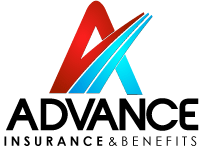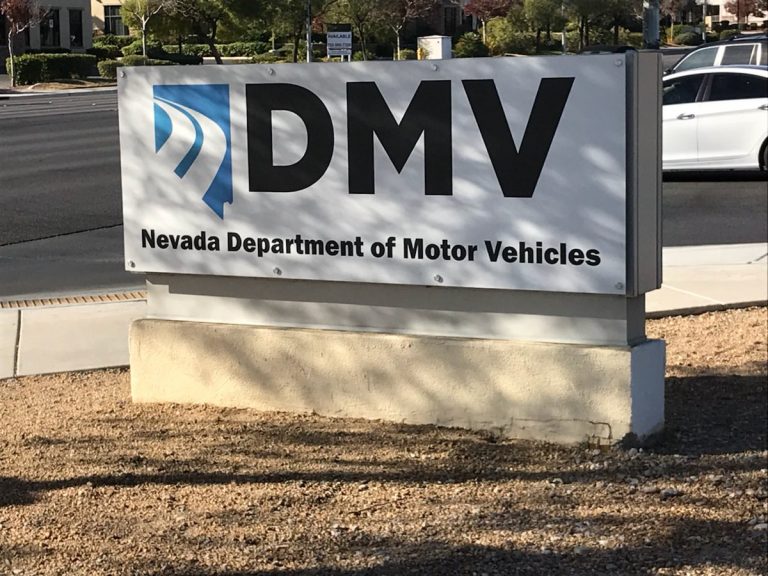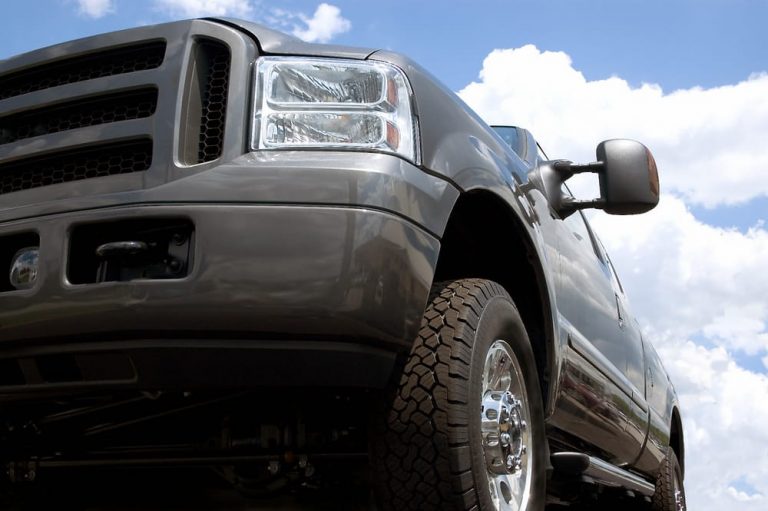When should I shop my auto insurance?

When should I shop my auto insurance? Have you ever asked yourself that question? The rate, or premium, you pay for your auto insurance should be based on what kind of driver you are, right? If only it were that…



